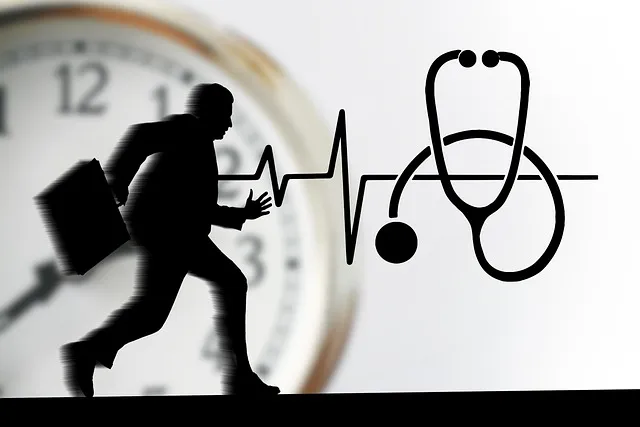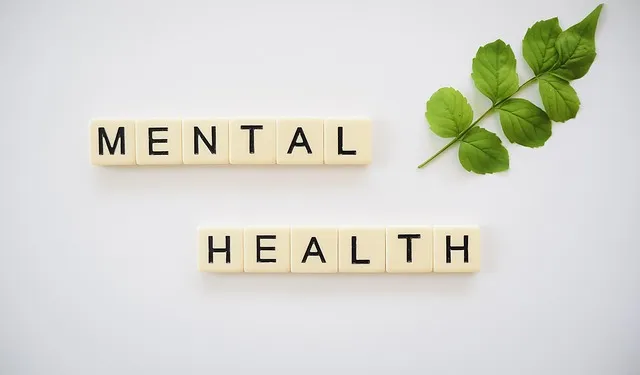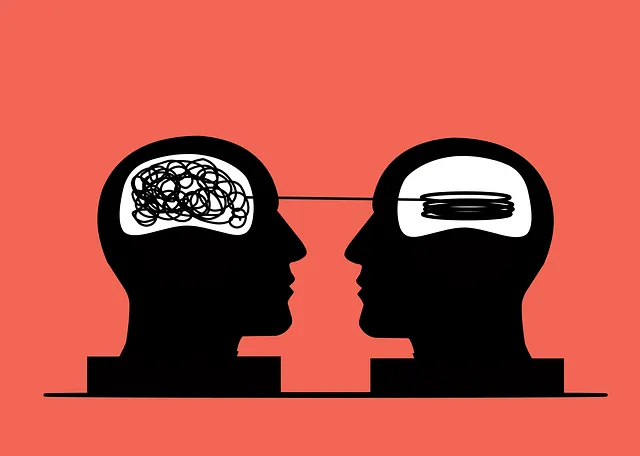Mental wellness is a key component of overall well-being, supported by mindfulness practices and self-care routines like hobbies and conflict resolution techniques. Kaiser Permanente in Littleton provides 24/7 access to professionals through their dedicated mental health helpline and coaching programs for personalized guidance, fostering self-care and management of stress, anxiety, and trauma. Recognizing signs of distress early is crucial; common indicators include mood changes and behavioral shifts. Community support through open conversations and activities enhances emotional healing, while professional therapy and counseling from organizations like Kaiser Permanente offer evidence-based strategies for coping and recovery, ultimately promoting a healthier society.
Mental wellness is a cornerstone of overall well-being, impacting our daily lives and interactions. In this article, we explore strategies for promotion and maintenance of mental wellness, drawing insights from organizations like Kaiser Permanente, particularly their mental health support in Littleton. We’ll delve into mindfulness, self-care, recognizing distress signals, community initiatives, and the transformative power of professional guidance, all vital components in fostering resilient minds.
From understanding mental wellness to leveraging available resources, this guide equips readers with knowledge and tools to enhance their mental wellbeing and that of their loved ones.
- Understanding Mental Wellness: The Significance of Mindfulness and Self-Care
- Kaiser Permanente's Approach to Mental Health Support: A Trusted Resource
- Identifying Signs of Distress: Recognizing When to Reach Out for Help
- Effective Strategies for Promoting Mental Wellbeing at Home and in Communities
- The Impact of Professional Guidance: Therapy, Counseling, and Recovery Journeys
Understanding Mental Wellness: The Significance of Mindfulness and Self-Care

Understanding Mental Wellness involves recognizing that it is a crucial aspect of overall health and well-being. It encompasses emotional, psychological, and social stability, enabling individuals to navigate life’s challenges with resilience. Mindfulness and self-care are integral practices in this journey.
Mindfulness encourages being present in the moment, fostering awareness of thoughts and feelings without judgment. This simple yet powerful technique helps reduce stress, anxiety, and even promotes better sleep. Self-care, on the other hand, involves deliberate actions to nurture one’s mental health. It can include engaging in hobbies, exercising regularly, connecting with loved ones, or seeking professional support from services like the Kaiser Permanente mental health number Littleton offers. By integrating mindfulness and self-care into daily routines, individuals can better manage their mental wellness, especially when navigating life’s complexities, and even explore tools like Conflict Resolution Techniques and Trauma Support Services through Mental Wellness Podcast Series Production for deeper insights.
Kaiser Permanente's Approach to Mental Health Support: A Trusted Resource

Kaiser Permanente, a renowned healthcare provider, has recognized the importance of mental wellness and offers comprehensive support through its dedicated resources. One key aspect of their approach is providing easy access to care via a specialized mental health helpline, available in many areas, including Littleton. This 24/7 service allows individuals to connect with trained professionals who offer guidance, support, and initial assessments, ensuring that help is readily accessible when needed.
Beyond the helpline, Kaiser Permanente’s Mental Wellness Coaching Programs play a pivotal role in fostering inner strength and promoting self-care routine development. These programs provide personalized coaching to help individuals navigate stress, anxiety, and other mental health challenges. Through these initiatives, Kaiser Permanente empowers its members to take an active role in managing their mental wellness, ensuring a holistic approach to care that goes beyond traditional medical models.
Identifying Signs of Distress: Recognizing When to Reach Out for Help

Recognizing signs of distress is a vital step in promoting mental wellness and ensuring individuals receive the necessary support. It’s essential to be aware that everyone experiences and expresses emotions differently, so paying attention to changes in behavior, mood, or thought patterns can be key indicators. Common signs may include persistent feelings of sadness, anxiety, or anger; significant changes in appetite or sleep patterns; withdrawal from social activities; difficulty concentrating; and thoughts of self-harm or suicide. These symptoms could signal a need for professional help, especially if they are new or unusually intense.
If you or someone close to you is experiencing these signs, it’s crucial to reach out for support. The Kaiser Permanente mental health number in Littleton provides access to resources and professionals who specialize in mental wellness. Assessing the situation through a risk assessment for mental health professionals can help determine the best course of action, ensuring the individual receives appropriate care, whether through self-care practices, therapy, or other interventions. Prioritizing emotional regulation is an essential aspect of maintaining overall well-being.
Effective Strategies for Promoting Mental Wellbeing at Home and in Communities

Promoting mental wellbeing begins with creating supportive environments both at home and within communities. One effective strategy is integrating Stress Reduction Methods such as mindfulness practices, meditation, and deep breathing exercises into daily routines. These techniques have been shown to lower anxiety, improve focus, and enhance overall mental wellness. Organizations like Kaiser Permanente, offering resources like their mental health number in Littleton, play a vital role in disseminating these practices.
Community initiatives focused on fostering social connections and open conversations about mental health are also crucial. Encouraging neighbors to check in on one another, hosting support groups, and organizing activities that promote emotional healing processes can create a network of care. By combining individual practices with community engagement, individuals have access to a holistic approach to Mental Wellness, ensuring a healthier and more resilient society.
The Impact of Professional Guidance: Therapy, Counseling, and Recovery Journeys

Professional guidance plays a pivotal role in promoting mental wellness and facilitating recovery journeys. Therapy and counseling services, often accessible through organizations like Kaiser Permanente with their dedicated mental health number in Littleton, provide individuals with safe spaces to explore and understand their emotional states, triggers, and behaviors. Trained therapists employ evidence-based practices to help clients develop coping strategies, enhance resilience, and cultivate healthier thought patterns. This support is invaluable for managing conditions ranging from depression and anxiety to more complex mental health issues.
Beyond traditional therapy, Mental Wellness Coaching Programs and Social Skills Training can be transformative. Coaches work collaboratively with individuals to set personalized goals, navigate challenges, and build upon successes. Conflict Resolution Techniques, another beneficial tool, equips people with skills to address interpersonal issues constructively, thereby reducing stress and fostering positive relationships. These comprehensive approaches not only promote mental wellness but also empower individuals to lead more fulfilling lives.
Mental wellness is a cornerstone of overall well-being, and recognizing its importance is paramount. By understanding mindfulness and adopting self-care practices, individuals can navigate life’s challenges with resilience. Organizations like Kaiser Permanente play a crucial role in supporting mental health by offering comprehensive resources, such as their dedicated mental health number for Littleton residents, ensuring easy access to help. Through a combination of personal strategies, community support, and professional guidance, including therapy and counseling, individuals can foster thriving mental wellbeing. Remember, reaching out for assistance is a sign of strength, and with the right support, recovery journeys can be transformative.






